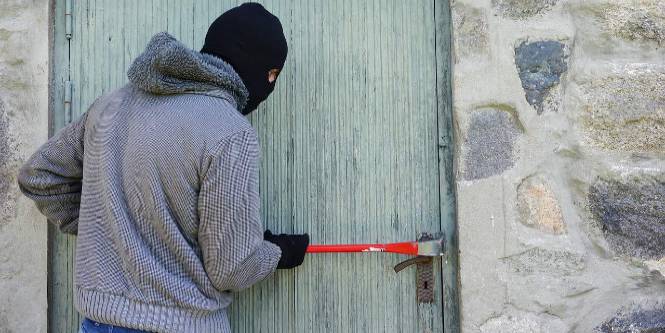It may not seem like the most serious offence that a lawyer may have to represent their client for, but trespassing is a crime and one for which conviction and punishment can leave the offender with a criminal record.
For a first offence, you might be given a fine, or maybe even released on the proviso that you pay a bond, especially in cases where the trespass was not deemed especially serious, and no damage or loss occurred.
However, do it again, and you can expect the penalty to be more severe with probation, community service, and ultimately, imprisonment, all possible punishments.
Hopefully, you are a law-abiding citizen, and never likely to face any of those penalties, but given that a surprisingly large amount of confusion exists with regards to trespassing law, we thought we would help you make sure.
Part of the problem is that trespass law comes under both criminal law and tort law. Tort law relates to civil matters, whereby someone could sue for damage caused due to trespass. For this reason, many are under the illusion that trespassing is purely a civil matter, and only find out it is actually a criminal matter too, when they are arrested.
The legal definition of trespass is entering private or specified public places without permission unless it was for a legitimate reason. The sort of public places covered by this include schools and health facilities. Private places include private land, homes, and business premises.
You will note that the definition has the important caveat of ‘legitimate reason’, which means you can state that you entered premises without permission for a genuine and lawful reason. Those reasons may depend on the type of premises you were entering but some general ones include:
- You Had Permission From the Owner To Be There: This occurs when someone believes you are trespassing, and calls the police, unaware that you have been given permission from someone in authority.
- A Sudden and Serious Emergency: Could occur as you were fleeing to escape someone who was attacking you.
- No Intent: When you genuinely enter private property in error.
- Honest Mistake: This defence applies when you had no reason to believe that the premises or property you entered was private and thus subject to trespass law.
As well as the law relating to trespass in its own right, there are more serious crimes that involve trespass. The most common is trespassing with malicious intent, which is basically where someone commits trespass but with the intention of, or for the purpose of, committing a more serious crime.
Those crimes include arson, burglary, theft, and assault. Anyone found guilty of these can expect a custodial sentence of up to three years, although that can be significantly increased based on the property type the crime took place in.
If it is committed in non-residential or commercial premises, that prison sentence could be as much as 10 years, and where it is seemed an aggravated offence, that can double to 20 years.
Trespass with malicious intent in residential premises is where the severest penalties are handed down. This is obviously to try and deter anyone from carrying out these sorts of crimes on private citizens in their homes.
Here, a 15-year prison sentence is possible, and in the most serious and aggravated offences, a sentence of lifetime imprisonment is the ultimate sanction.

